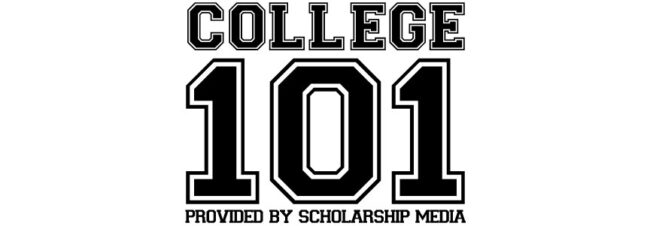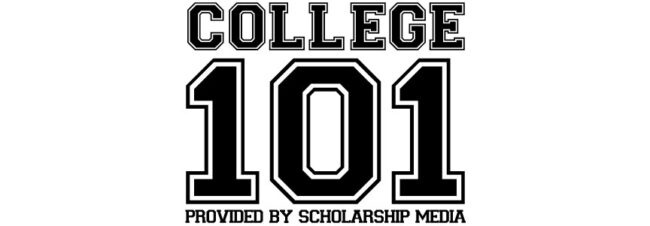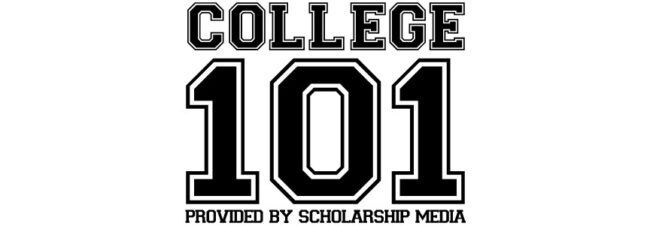Family history is important to many; It tells the story of people on their journey through life and how they help the following generations. While some people are already keenly aware of where their family came from, many people’s family history has been lost over the generations. If you are interested in learning more about your family tree but don’t know where to start, here are some ways to get started.
Oral storytelling is the oldest way to pass history on from one generation to the next, and it is still important today. Many people still love telling stories, and one great way to learn more about your family’s history is to simply ask older members of your family like your parents or grandparents. Additionally, this may also be one of the more important ways to retain family history. Stories are easily lost, and they are estimated to have a lifespan of about three generations before they disappear.
If you want a more broad picture of your family’s history, it may be worthwhile to do a DNA test of some kind to see where your ancestors lived. These sorts of tests can even reveal things that you might not have expected as well, making them more helpful than more traditional recordkeeping in some ways. In some cases, you may even be able to find relatives of the same generation as you that you didn’t even know you had if they took the same DNA test as you.
If you have an idea of where your ancestors lived, it could also be informative to learn about that area’s culture. Some cultures place an especially high value on their ancestry and culture, so if you know where to look you might be able to connect with people of a similar heritage or at the very least learn about famous ancestors. If you have Scottish ancestry, for example, knowing that you can trace your heritage to a specific Scottish clan might prove helpful. You could be able to visit the area that they used to live in, and if you are sufficiently prepared you might even be able to learn a few things from the locals as well.
If you are certain a family member exists but you aren’t sure how to contact them directly, there are ways to do so in a polite manner. Modern social media like Facebook can be a good place to start, but resources like the Go Look Up’s free people search engine can be a consideration as well if you only have an approximate area to work with.
Once you have an address, perhaps one of the most tactful ways to contact them would be to write a letter or email. Meeting a new person can be stressful for some, and contacting them in a way that puts them under as little pressure as possible would be a great way to make the first contact.
There are many ancestry records available for your perusal, as long as you don’t mind going through a lot of paperwork. There are usually ways to access documents like marriage records online, and such things can often shed some light on otherwise hazy stories or unclear familial records. The effects events like marriage and divorce can be especially profound, so if you are not certain how to interpret certain documents or their effects on people, family law solicitors in North Brisbane might be able to clarify a couple of things as well.
Whether you use the Internet or a more traditional resource, there may very well be a fair amount of information on your family’s history out there. Birth certificates, death certificates, or even just a story your grandparents told you about a relative are all helpful in painting a more complete picture of your family. Finding new information about your family is not guaranteed, of course, but even if you don’t find what you are looking for you are bound to find some interesting information along the way.








